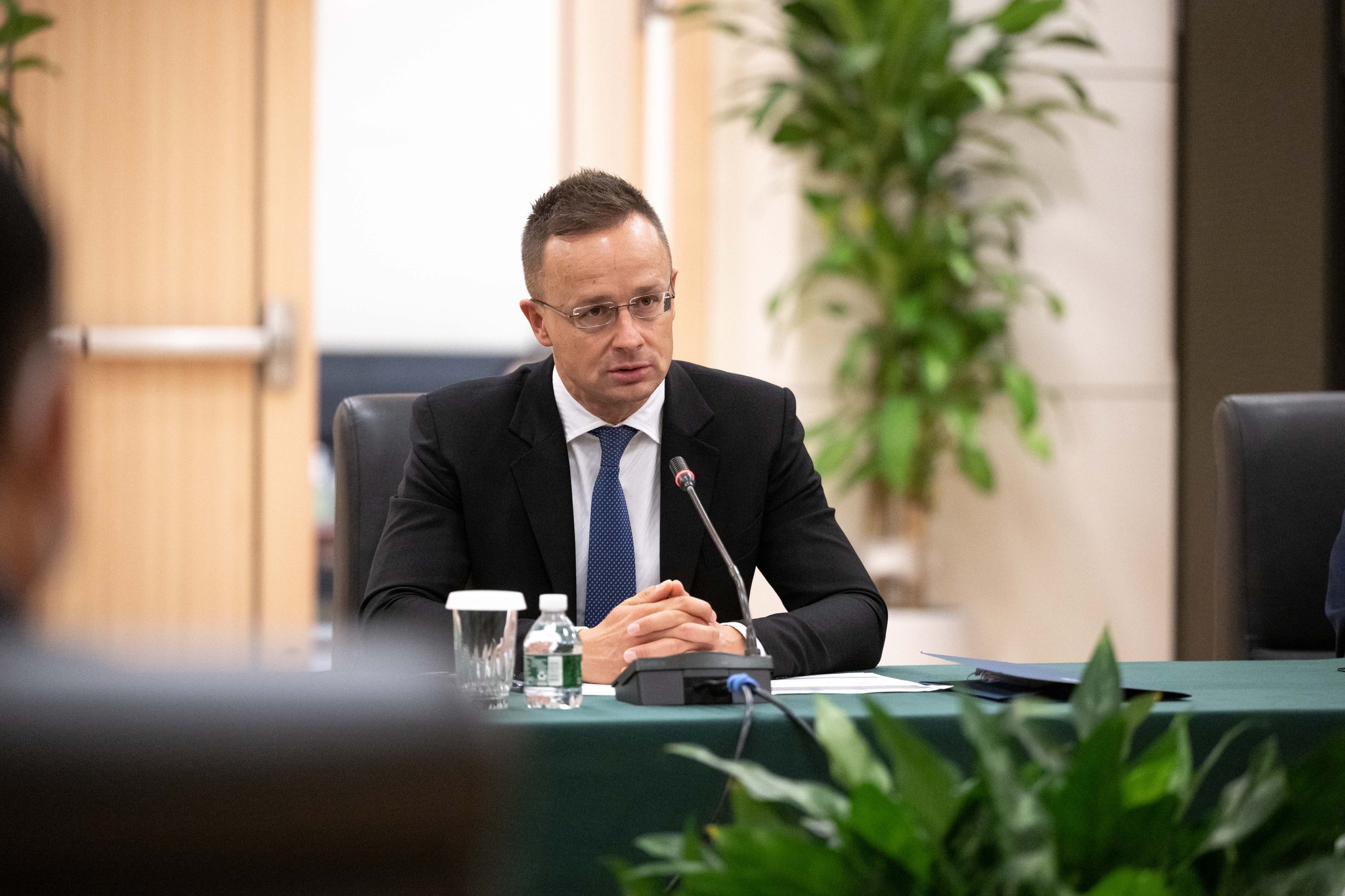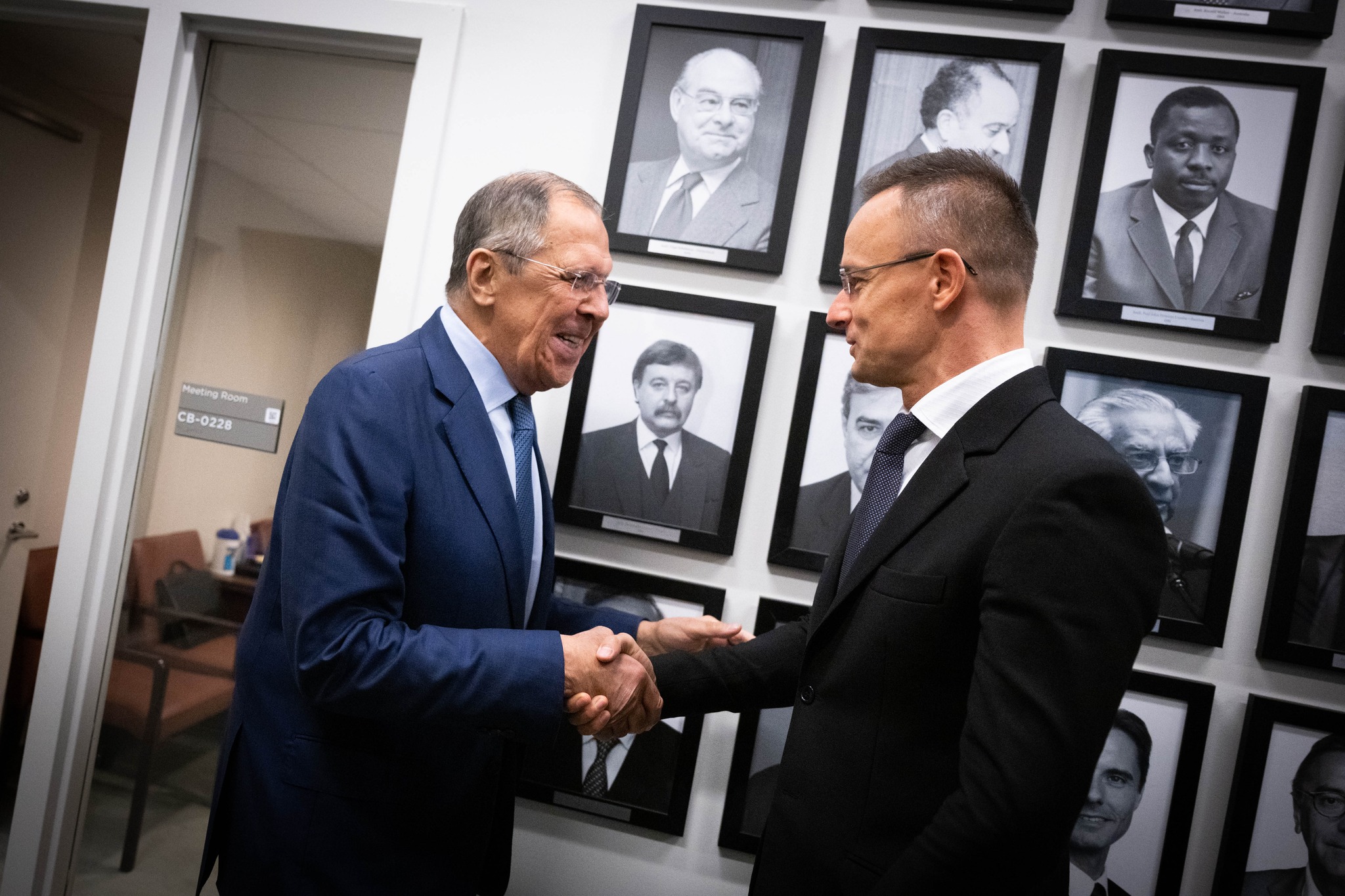
Péter Szijjártó said that Hungary, as a neighbor of Ukraine, is immediately confronted with the negative effects of the war.Continue reading

This week’s UN General Assembly offered the best opportunity to start peace talks regarding Ukraine and Russia, but no such talks have taken place so far and are unlikely to take place between the parties, Péter Szijjártó said in New York on Thursday night, after he was the only EU foreign minister to hold talks with his Russian counterpart.
The Hungarian Foreign Minister held talks with Sergei Lavrov on the sidelines of the UN General Assembly, to whom he told that as a neighbor of Ukraine, Hungary would face all the consequences of the war almost immediately and with extreme severity. He cited the examples of runaway inflation and the flood of refugees.
The only solution to all these problems would be peace, and Hungary wants peace as soon as possible, which requires negotiations and dialogue,
Szijjártó said, adding that no other EU foreign minister had met the head of Russian diplomacy.
“Of course, it is possible that now back home it will be mainly opposition MPs, or members of the opposition press who will question why I met Sergei Lavrov, but I think that peace will not be achieved without dialogue. If there are no talks on peace in the coming period, the world will face even more serious consequences, which it would be good to prevent,” he said.
Speaking about the energy crisis, the Hungarian Minister warned that without Russian energy sources, the Hungarian economy would not be able to function, people would not be able to heat their homes, use hot water, or even cook.
“You can like or dislike this fact, but it is still a fact, a physical law. The infrastructure in Central Europe dictates that Russia has an extremely important role to play in both oil and gas use,”
he underlined.
He stressed that Gazprom continues to deliver gas to Hungary without any disruptions and that it is delivering an additional 5.8 million cubic meters of gas every day, thanks to the agreement on the volume of gas above the contracted volume. As a result, he said, Hungary’s gas storage capacity is now close to 41 percent of annual consumption, while the European average is only 23 percent.
Szijjártó also referred to nuclear cooperation, and stressed that the commissioning of the new reactor units at the Paks plant in 2030 would enable Hungary to partially decouple itself from the uncertainties and price increases that currently characterize the international energy market.
The Minister welcomed the fact that on the basis of previous contracts, a new shipment of fuel for the Paks nuclear power plant has arrived from Russia, somewhat by way of a detour via northern and western Europe, so that the operation of the reactors is guaranteed for the next period.
Featured photo via Facebook page of Péter Szijjártó